|
LISTEN TO THIS THE AFRICANA VOICE ARTICLE NOW
Getting your Trinity Audio player ready...
|
Kenya’s political climate is on edge after former Deputy President Rigathi Gachagua issued a stark warning about the possibility of post-election violence in 2027; remarks that have triggered fierce backlash from senior government officials and ignited a firestorm of public debate over the country’s fragile peace and democratic future.
In a now-viral interview aired on May 16 on Obinna TV, Gachagua, who was impeached in October 2024 and is currently contesting his removal in court, warned that if the electoral commission mishandles the upcoming general election, the country could see violence worse than that experienced in the 2007/08 post-election crisis.
“With the mood in the country, if the IEBC tries to mess with the elections, there will be no country here. I want to tell you, 2007 will look like a Christmas party,” he said, referring to the contested 2007 polls that left over 1,000 people dead and displaced hundreds of thousands.
The comment has been met with widespread condemnation from the highest levels of government. Deputy President Kithure Kindiki, speaking at a public function in Busia County on Sunday, likened Gachagua’s language to that of terrorists and bandits.
“Anyone preaching violence is as dangerous as bandits in the North Rift or terrorists in Lamu and Northern Kenya,” Kindiki declared. “We will not allow anyone to shed blood in Kenya. The 2027 elections will be free, fair, and reflective of the people’s will, as demanded by the Constitution.”
Interior Cabinet Secretary Kipchumba Murkomen echoed those sentiments at a funeral in Kitale, warning that no one,including Gachagua, was above the law. He described Gachagua’s rhetoric as “dangerous and irresponsible,” arguing that such remarks alone should be enough to disqualify him from holding public office.
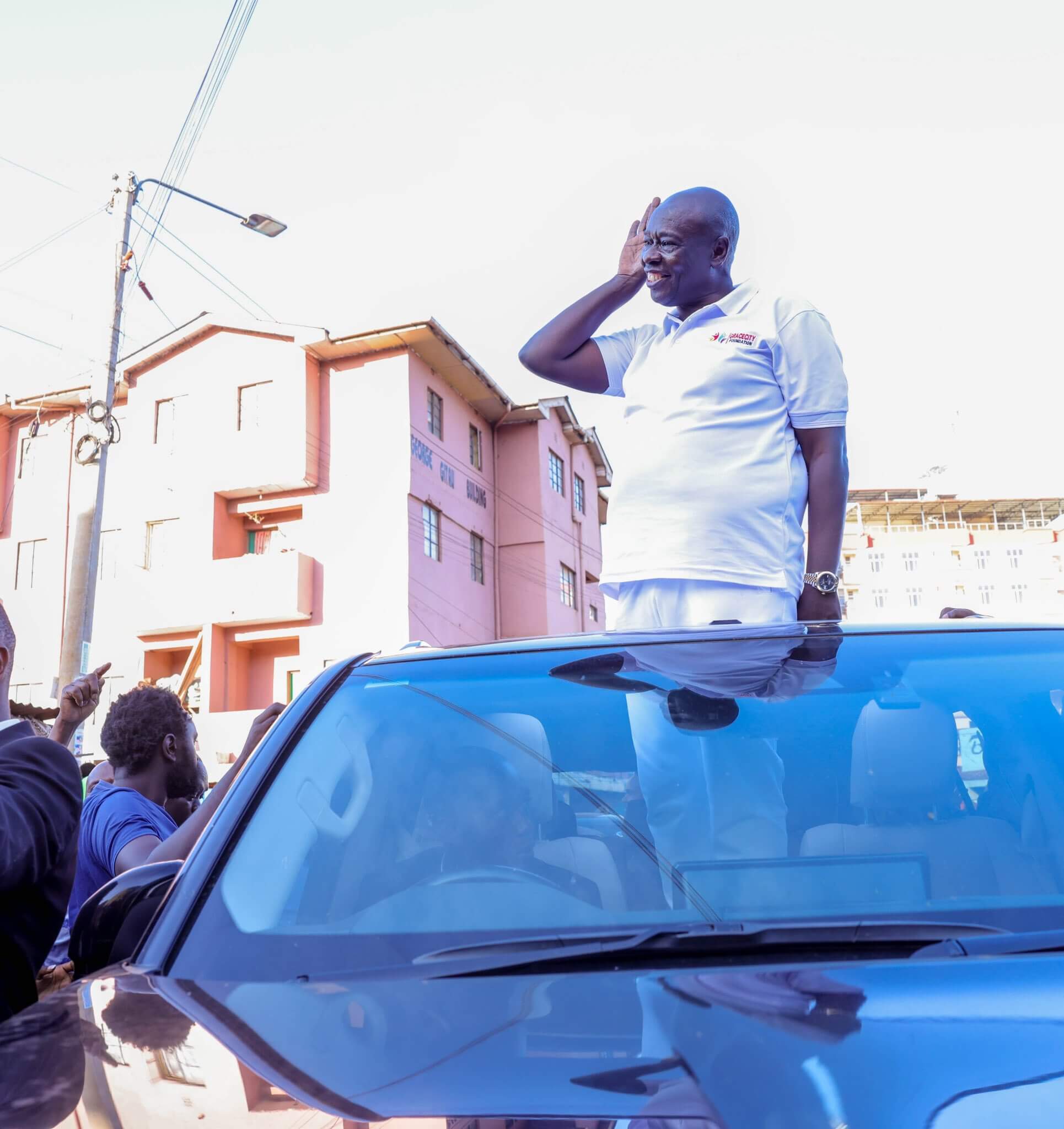
“Many people lost loved ones in 2007/08. Some have never recovered, and someone is now threatening worse violence?” said Murkomen. “We are watching. We will monitor all your meetings, day and night.”
Murkomen also accused the former Deputy President of promoting hate speech and stoking ethnic tensions, announcing that the government would begin a crackdown on political actors spreading divisive rhetoric.
The controversy has shone a spotlight on the high-stakes political realignments taking shape ahead of Kenya’s 2027 general elections. Gachagua, now leading the newly launched Democratic Consolidation Party (DCP), insists he intends to run for the presidency, pending the outcome of his legal challenge against the impeachment.
In response to the backlash, Gachagua convened a press conference Monday to clarify his remarks. He insisted that his comments were a cautionary warning, not incitement.
“People are misinterpreting what I said,” he told journalists. “Mine was a cautionary statement drawn from history. When a Member of Parliament from Rift Valley says that even if the votes are not enough (for President Ruto in 2027) they will know how to manufacture them; when another leader from Rift Valley says they can rule for 24 years. These are the things that have put the people of Kenya on notice and people are speaking. As a responsible leader, I have a duty to warn the IEBC to conduct a free and fair election. I never called for violence.”
But Gachagua’s effort to reframe the narrative was quickly overshadowed by a dramatic and inflammatory press release he issued the same day, in which he accused President William Ruto of orchestrating a state-backed plot to assassinate him.
According to Gachagua, while attending a church service in Gatanga on May 18, he received intelligence that a so-called “killer squad” composed of 101 masked officers drawn from elite police units had been deployed to target him. He claimed the officers had orders to poison him using biological agents, plant weapons in his vehicle, and stage his arrest or murder.
“This was the intent and purpose of the whole operation,” he said, alleging that President Ruto had grown increasingly frustrated with his survival and public defiance. He also accused the president of land grabbing, inciting ethnic animosity, and directing efforts to disarm his private security detail to leave him vulnerable to attack.
“President Ruto is furious that the people of Kenya have not forgotten about the Kiambaa Church massacre where children and women were torched during the 2007/8 Post-Election Violence. Although Kenyans forgave each other, they cannot forget this and there is nothing you can do about it Mr. President,” he said. “The President was also utterly livid that I exposed his grabbing of a 5-acre piece of public land in Ngong Forest to put up a private hotel.”
No official response has yet been issued by the Office of the President or Kenya’s national security agencies.
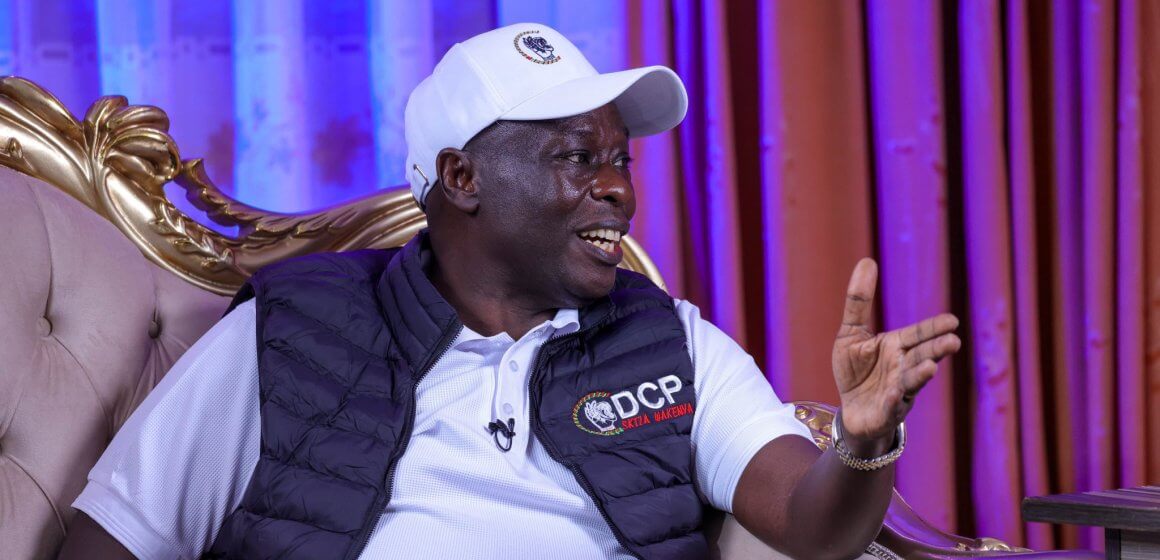
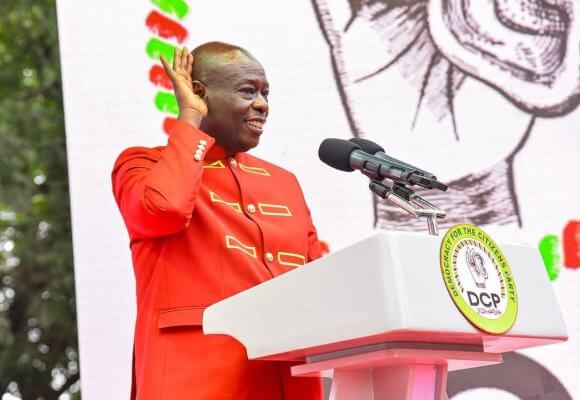
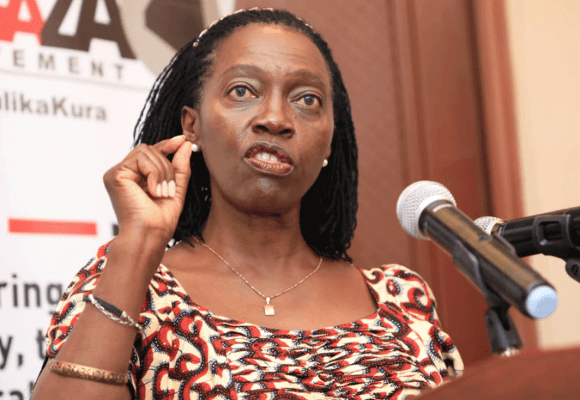
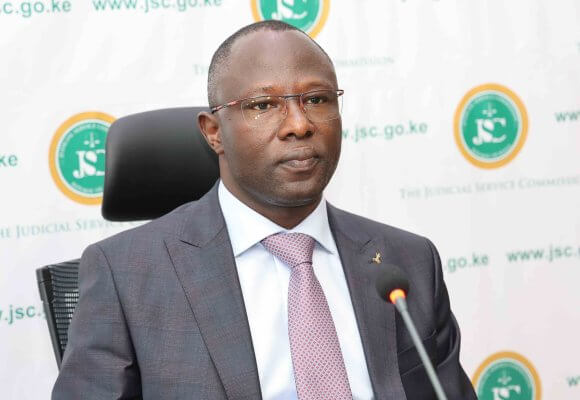
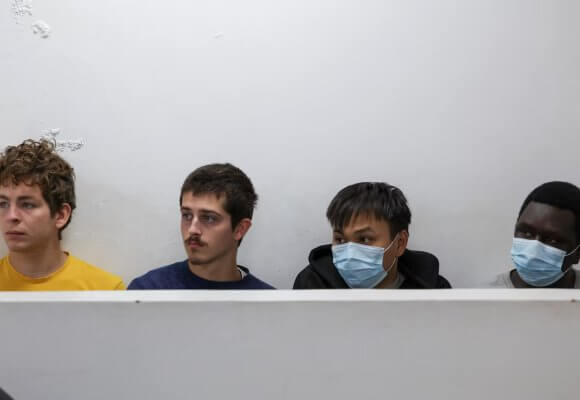
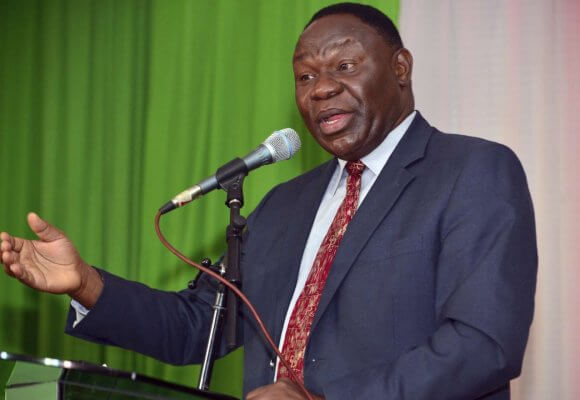
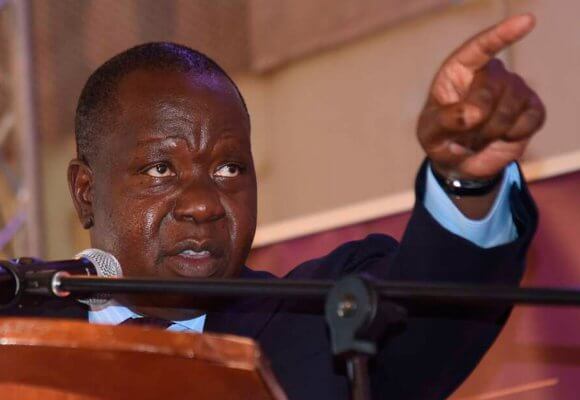



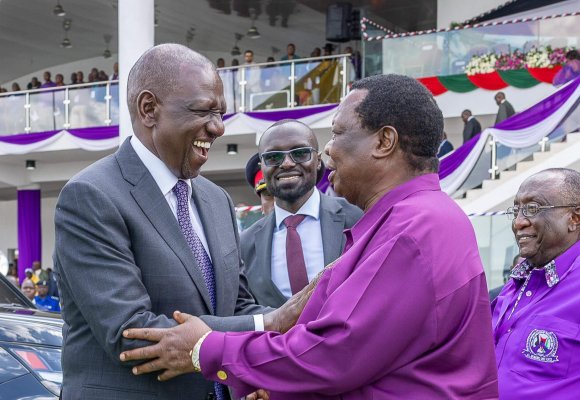
LEAVE A COMMENT
You must be logged in to post a comment.